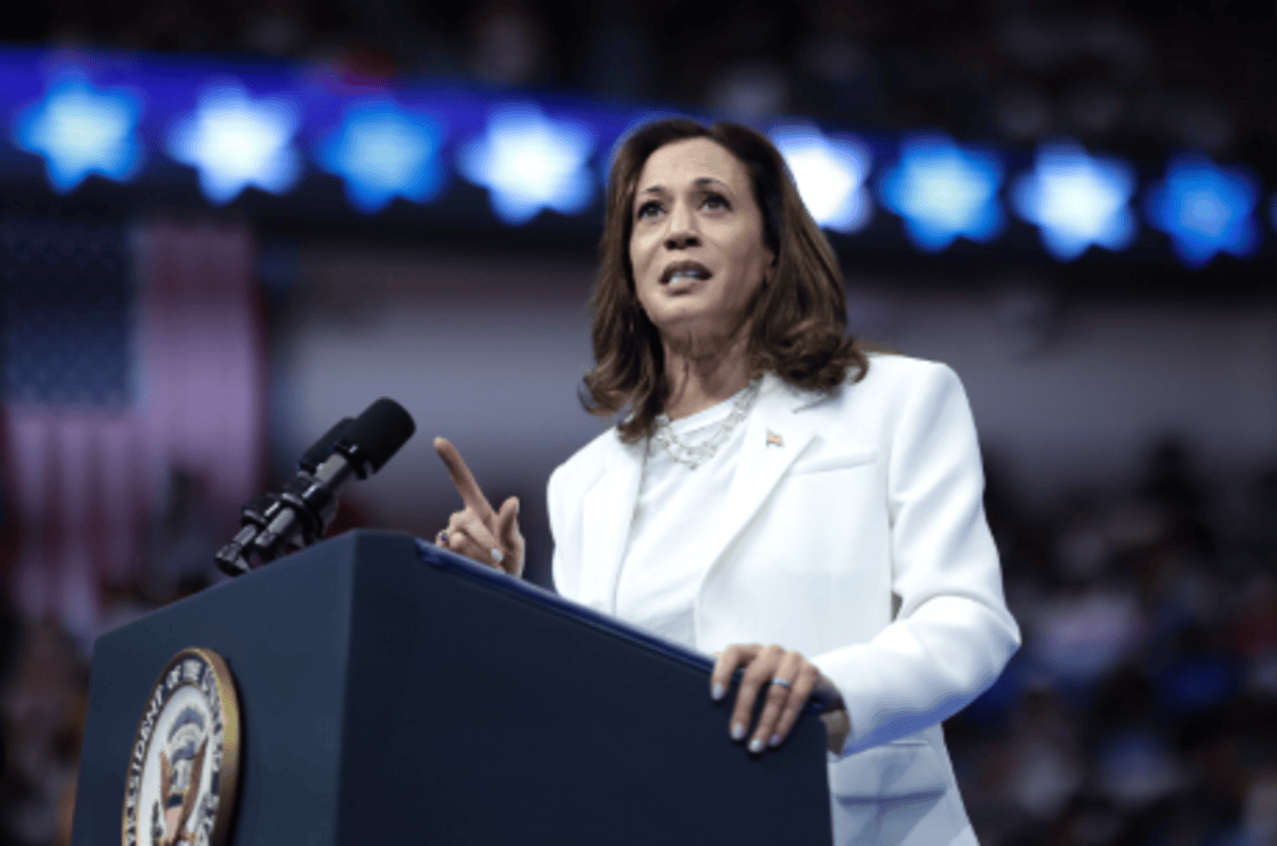In a recent address, Vice President Kamala Harris outlined her administration’s priorities, promising not to raise taxes for anyone earning below $400,000 annually. Alongside this pledge, she announced her intention to conduct a comprehensive review aimed at addressing the longstanding complexities of the Middle East conflict. These commitments signal a proactive approach to key economic and foreign policy issues that resonate with a broad spectrum of Americans.
Tax Policy: Stability for the Middle Class
Harris’s pledge to maintain tax stability for individuals earning under $400,000 is a significant move in a politically charged environment. By clearly stating that no tax increases will affect middle- and lower-income earners, she aims to alleviate concerns about economic burdens amidst rising inflation and cost of living.
- Economic Confidence: This promise seeks to instill confidence among voters who fear that rising taxes could hinder their financial security. By focusing on tax stability, Harris positions herself as a defender of the middle class, which could resonate well in the upcoming elections.
- Targeting Wealthier Individuals: The commitment also suggests a willingness to explore tax reforms that focus more on wealthier individuals and corporations, potentially addressing income inequality. By emphasizing that the wealthy should contribute their fair share, Harris aims to create a more equitable tax system.
- Reinforcing Public Services: By avoiding tax increases for the majority, Harris’s administration can focus on enhancing public services without compromising the financial stability of the middle class, which could garner support from various demographic groups.
Middle East Policy: A Comprehensive Review
Harris’s announcement of a comprehensive review of U.S. policies in the Middle East marks a critical step toward rethinking America’s role in a region fraught with conflict and instability.
- A Fresh Perspective: Acknowledging the complexity of the Middle East conundrum, Harris’s approach seeks to bring new ideas and solutions to a long-standing issue. This indicates a willingness to engage with regional players and explore diplomatic avenues rather than relying solely on military solutions.
- Focus on Human Rights: Harris has expressed a commitment to incorporating human rights considerations into U.S. foreign policy. This could lead to a more balanced approach that not only addresses geopolitical interests but also advocates for the rights and freedoms of individuals in the region.
- Collaborative Solutions: By emphasizing a comprehensive review, Harris indicates a desire to collaborate with international partners and stakeholders, fostering a multilateral approach to peace efforts that could yield more sustainable outcomes.
Implications for the Future
Kamala Harris’s commitments to tax stability and a renewed approach to Middle East peace represent a strategic effort to connect with voters who prioritize economic security and diplomatic engagement.
- Voter Appeal: By focusing on issues that directly impact American families and international stability, Harris aims to broaden her appeal as a leader who prioritizes the needs of both domestic and global communities.
- Election Strategy: As the 2024 elections approach, these promises may serve as crucial talking points for the Harris campaign, positioning her as a candidate committed to progressive values while maintaining fiscal responsibility.
Conclusion
Vice President Kamala Harris’s recent announcements are designed to address pressing economic and foreign policy challenges with a clear and compassionate vision. By committing to protect middle-class taxpayers and rethinking America’s role in the Middle East, she seeks to inspire confidence in her leadership and foster a more equitable and peaceful future. As the political landscape evolves, these commitments will be pivotal in shaping the discourse and direction of the upcoming election cycle.



